The musculoskeletal system is an intricate network comprised of hard and soft tissues including bone, tendon, and muscle and functions to facilitate body movement. Injuries and diseases affecting the musculoskeletal system dramatically impacts our quality of life and is the 2nd largest contributor to global disability.
Recently, Prof. Elmer Ker in collaboration with Prof. Wang Dan have developed a novel biomaterial with bone- and tendon-like mechanical properties for treating rotator cuff tears of the shoulder. Specifically, this biomaterial can robustly withstand at least 100,000 cycles of physiologic loading without failure and can reduce stress concentrations via gradual gradation, minimizing chances of material failure that could result in re-tears.
Photoelastic stress analysis of musculoskeletal biomaterials. Different colours correspond to different amounts of stress or strain within the sample and enable us to detect where a material may fail.
In addition to his work on biomaterials, Prof. Elmer Ker is also interested in developing computer-aided approaches to track cells in culture using label-free, phase-contrast timelapse microscopy. This work is ongoing and will be useful as a tool to study and quantify cell behaviors for basic biological studies as well as for quality control assessment during stem cell expansion or manufacturing.
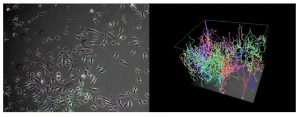
Computer-aided cell tracking. The left panel shows a phase-contrast microscope image of cells with their detected cell centroids while the right panel shows a family (cell lineage) tree as a function of time and space.



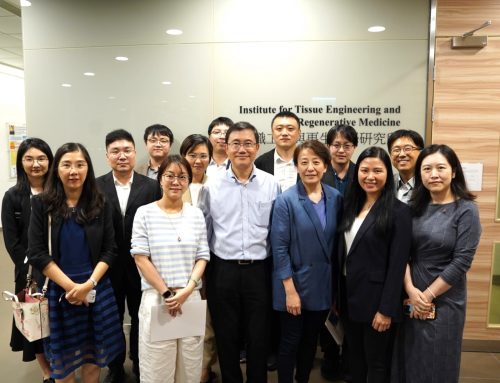
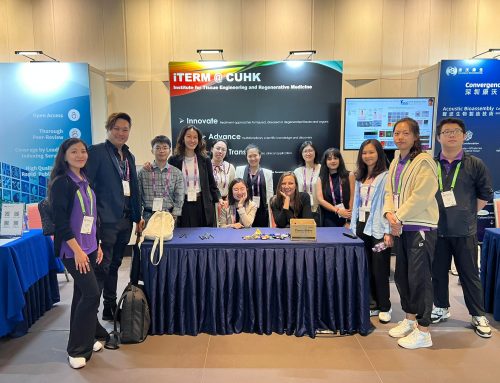
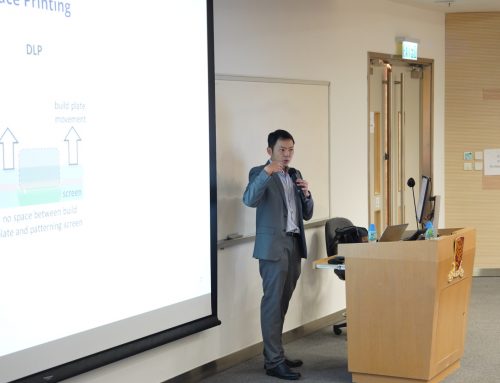
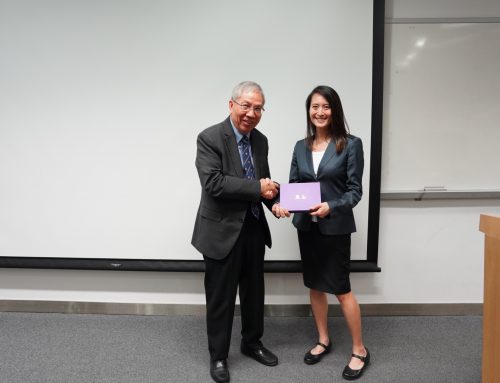
Leave A Comment